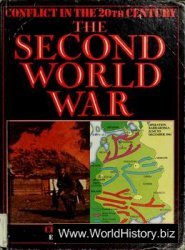Another goal of archaeology is to understand variability and change in past human behavior and the human condition, to answer the questions of ‘why’ and ‘how’ in addition to the ‘where’, ‘when’, and ‘who’ inquiries driving the goal of culture history. Toward this end, archaeologists may use ‘proces-sual’ or ‘post-processual’ approaches. Processualism involves the use of theories and models of general social, cultural, and natural processes to explain variation and change and is based upon the epistemologies of positivist philosophers such as Carl Hempel that assume objectivity and focus upon observer-oriented interpretations. Searching for general laws of human behavior by using research strategies that follow the rules of deduction, beginning with theories from which hypotheses could be derived and tested with observations of the archaeological record, is one strategy. Another is to use systems models that focus upon the ecological, social, or cultural functions of past human behavior. Processual approaches to explanation used in archaeology include cultural evolution, evolutionary ecology, world-systems, and structuralism. In contrast, post-processualism uses ‘hermeneutic’ structures to interpret the past. The hermeneutic approach considers the interplay between meaning and the social actions of individuals and social groups. Rather than general processes, it focuses upon the role of social agents acting to achieve goals within a complex social field made up of gender, class, political faction, ethnicity, race, and ecological setting as the key player. Hermeneutic structures assume that all material things carry meanings that reflect constantly changing individual experiences, goals, and social relations. The Frankfurt School of Critical Theory, which denies the assumption of objectivity and accumulated knowledge that underlies scientific explanation, is the philosophy that underlies this approach; it stresses social responsibility and critically evaluates how the social and cultural context within which archaeologists do research influences their interpretations of the past.




 World History
World History









